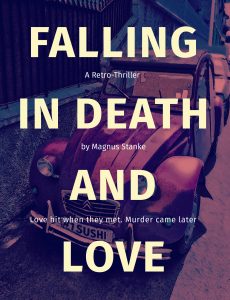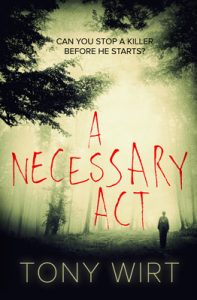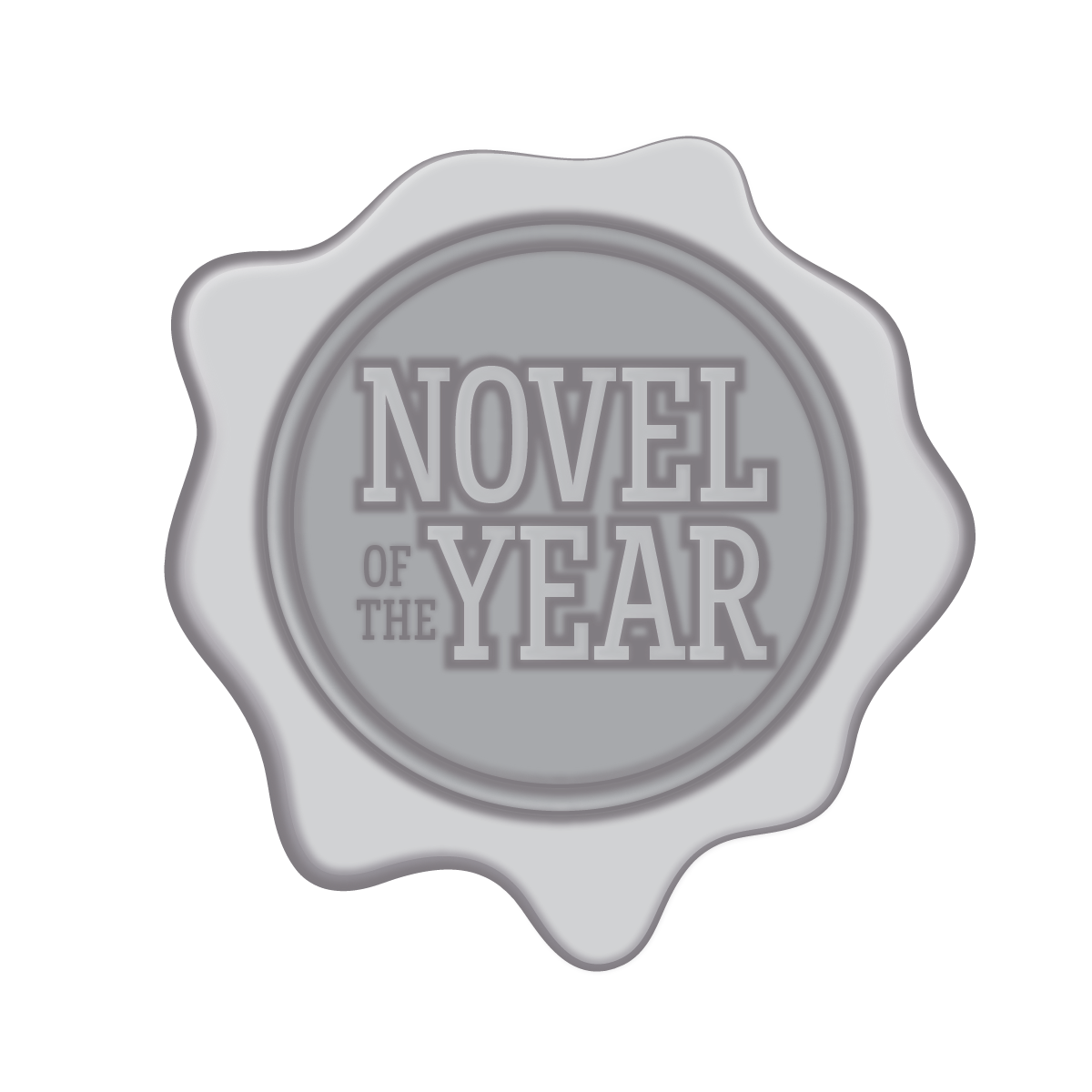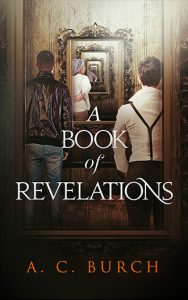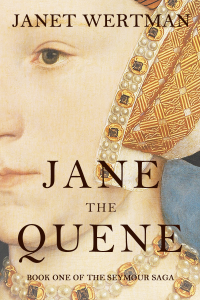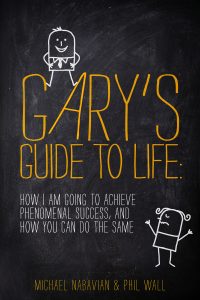The Rundown
The Recommendation
The Rating
The Links
The Reviewer
Renee Miller
Visit Renee Miller‘s website.As fledgling writers, we often hear a ton of advice. Probably more than we’ll ever remember or use. However, one common piece of advice is to avoid using a few specific words. Things like very, just, really, and that, are often unnecessary in fiction writing, unless you’re intentionally using them for a particular effect. In most cases, these words can be removed without altering what you’re trying to convey.
That’s good. Easy to understand and grasp. Some writers ignore this advice, and that’s fine too. There are also words we should avoid using too much, like obscure words, descriptive words, and words that most people can barely pronounce and may not even know what they mean. This isn’t because they’re “wrong” grammatically. It’s because they’re noticeable. So, if you use them, it should be sparingly. Repeat it once in a story, and you could create an echo, which pulls the reader out of the experience.
So, this is sound advice. Today, though, I want to discuss words that people hate just because. You never know which one it’ll be, or who will be turned off by it. They’re just wrong for some people.
I thought it’d be fun to bypass the usual lists, and there are many, and take an informal survey on Facebook and Twitter, for a list that’s more current. You all did not disappoint. Before we discuss further, let’s look at that list:
- Moist
- Rump
- Irregardless
- Brisket
- Broil
- Scenario
- Maw
- Literally
- Ironic
- Panties
- Suddenly
- Special mention (thanks, Leo X. Robertson): “Any word put into a second draft that wasn’t in the first.” So, in other words, grasping at straws or trying to make yourself look fancy (or your story a little bit longer) by adding unnecessary words to a story.
Does this mean the words above should never be used? Heck, no. It means, we all have quirks and irrational things that annoy us. The word “moist” for example, is a commonly hated word. “Maw” is disliked because it’s been overused in certain genres. “Literally” is frowned upon, because it’s rarely used correctly, as is “ironic.” While “irregardless” has now been accepted as a word (slang, though), it’s also annoying, because some just don’t see why you can’t use the proper word, “regardless.” It’s just two letters added, but for some readers, those two letters make a big difference.
As for the rest, the words are merely words they just don’t like. No explanation given. What’s so bad about “panties”? It’s just an article of clothing, right? Some people just find the word gross and/or annoying. It makes them uncomfortable. They call it “word aversion,” and this article in Slate explains it pretty well, and it gives you a plethora of other words people seem to hate. There’s even a study on word aversion, specifically focusing on the word “moist,” to try to understand why we have such strong reactions to seemingly innocuous words, such as moist.
Why am I discussing this when I should be discussing writing and publishing? Well, the goal of our work is to “touch” people emotionally using our words. It’s wise to understand and be aware of trigger words and words that just rub people the wrong way (even without reason) so we can either avoid them or use them to elicit the desired response from the reader (without annoying them or turning them off).
I’m curious about the rest of you, though. Are there words that we as writers avoid? Personally, I avoid irregardless, for the reasons I explained above. I also hesitate to use juicy, because that word gives me the heebs. I avoid hateful words, unless they become a necessary evil in dialogue (as part of characterization). What about you, writers? What words do you hate as a reader and which ones do you avoid using as a writer?


